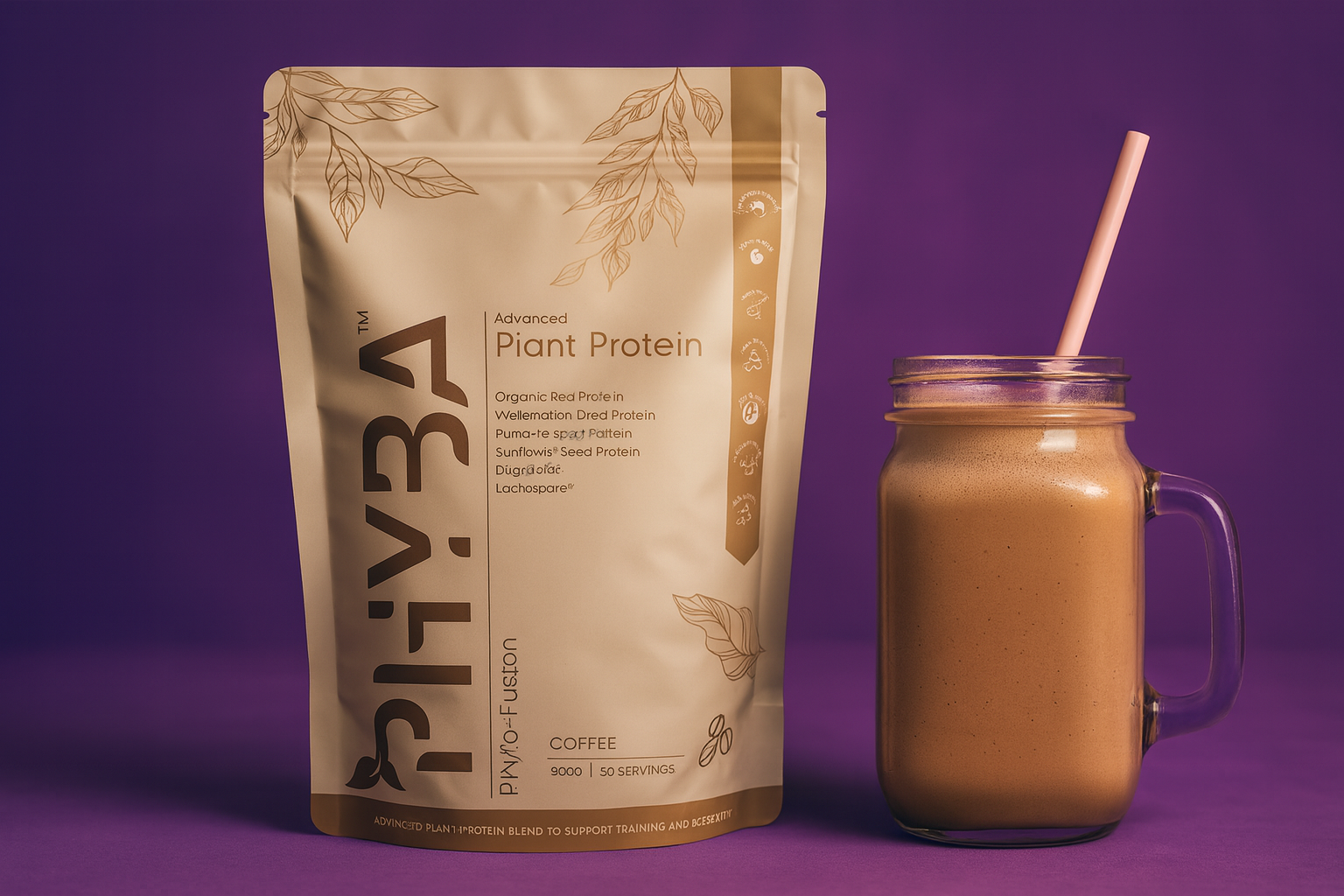Optimising Sleep for Recovery: Building a Night Routine That Restores Body and Mind
For anyone pushing their limits in training, business, or daily life, sleep is the foundation of recovery. It is when your body rebuilds, your hormones rebalance, and your mind resets. Getting quality sleep is not just about how many hours you spend in bed, but about how you prepare for it. A good night’s sleep starts long before you close your eyes.
Create a Consistent Routine
The body thrives on rhythm. Going to bed and waking up at the same time each day helps regulate your internal clock and promotes deeper, more restorative sleep. Aim for seven to nine hours each night and treat that window as a non negotiable part of your training plan. Set a gentle reminder each evening to start winding down so you are not rushing into bed still wired from the day.
The Power of Winding Down
The last hour before bed should feel calm, predictable, and free from stimulation. Think of it as a transition zone from activity to recovery.
Turn off bright overhead lights and switch to warm, soft lighting. Avoid screens where possible, as blue light can suppress melatonin, the hormone that signals your body it is time to rest. If you must use devices, enable night mode or wear blue light blocking glasses.
Use this time for relaxing rituals. A warm shower, light stretching, or breath work can all help calm the nervous system. Reading a book, listening to slow music, or journaling gratitude are simple ways to ease mental tension. The goal is to slow your heart rate and prepare your body for deep rest.
Support Recovery with Nutrition and Supplementation
What you consume before bed can make or break your sleep quality. Avoid heavy meals, caffeine, and alcohol late in the day as they can interfere with digestion and recovery. Instead, focus on hydration throughout the afternoon, and in the evening, include foods that naturally support relaxation such as magnesium rich greens, bananas, or tart cherry juice.
This is where Moonbeam comes in as part of your nightly recovery routine. Moonbeam is Phyba’s advanced sleep and recovery formula, designed to help your body relax, recover, and repair overnight. It combines probiotics for gut balance, adaptogens for stress support, and calming herbs to ease you into deeper sleep without drowsiness. By supporting both the nervous system and recovery pathways, it helps you wake up clear, rested, and ready to train again. Mix one scoop in warm or cold water about thirty minutes before bed as part of your nightly wind down.
Create a Recovery-First Sleep Environment
Your bedroom should feel like a sanctuary for rest. Keep it cool, quiet, and dark. Even small amounts of light can disrupt melatonin production, so invest in blackout curtains or an eye mask. If noise is an issue, white noise or a quiet fan can help maintain calm consistency through the night.
Your bed is your recovery zone, so make it inviting. High quality sheets, a supportive mattress, and a comfortable pillow make a difference. Try using a diffuser with lavender or chamomile oil for added relaxation.
Mindset and Consistency
Good sleep is not achieved by luck, it is trained just like any other performance skill. Consistency is the key. When you combine the right environment, nutrition, and wind down habits, your body begins to associate those cues with rest and recovery.
Think of your night routine as your final training session of the day. Each small choice adds up to better sleep, faster recovery, and stronger results.
Sleep is your most powerful recovery tool — protect it, prioritise it, and make it part of your performance plan.



